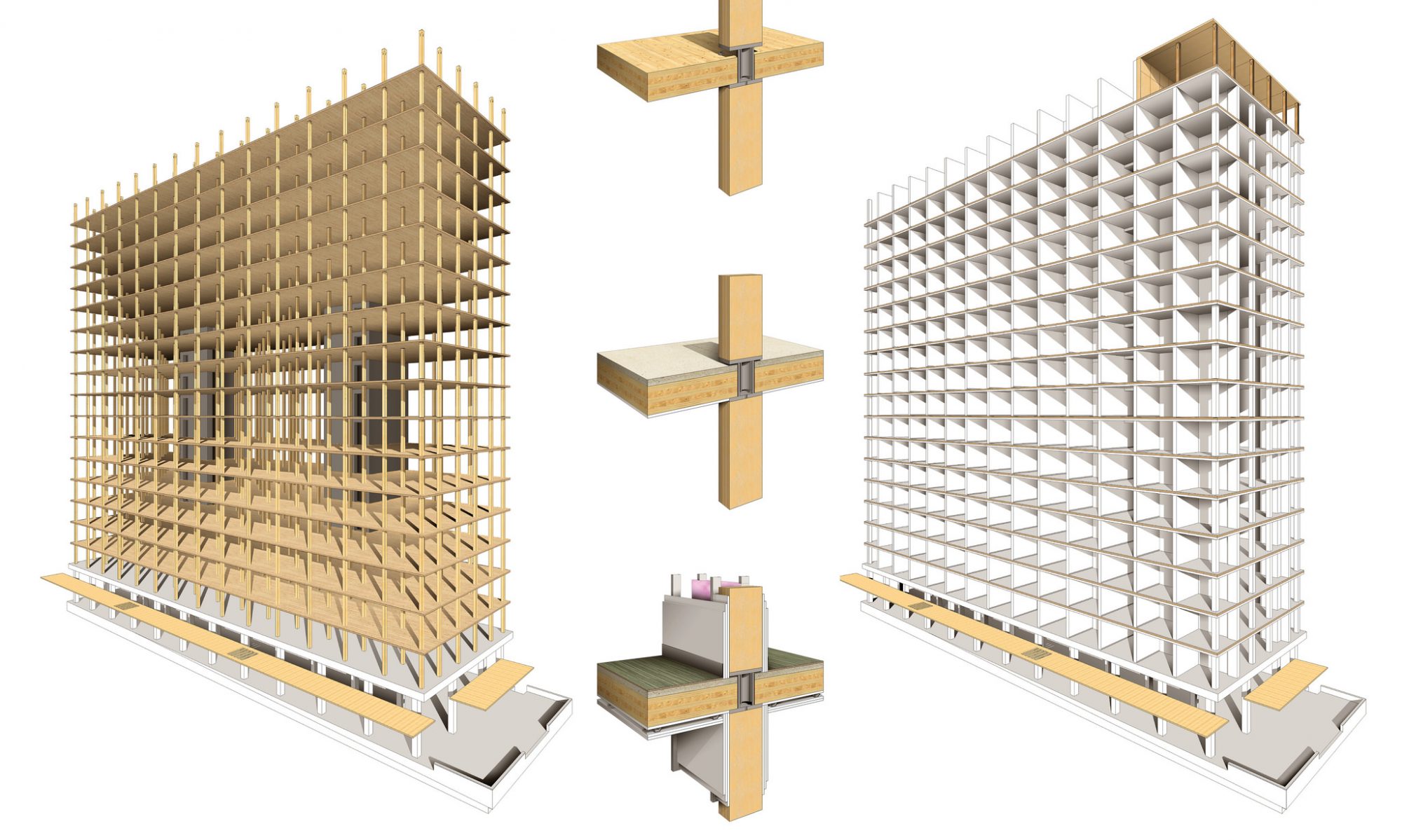Solid waste flows examine the movement of solid materials in an urban system via extraction, manufacturing, transportation, reuse, and disposal processes. In a traditional linear economy, materials are simply produced, consumed, and disposed of. This open-ended approach does not attempt to recycle materials and would require an infinite supply of resources and the ability to store waste materials. A circular economy (CE) is a regenerative alternative that aims to minimize resource input and waste output by closing material and energy flow into slow and narrow process loops. To achieve these loops, material processes are optimized and products are designed for longer lifespans, easier maintenance, and the ability to reuse, refurbish, and recycle components at the end of the product’s life. This ensures that products are used as long as possible and at the greatest value.
The circular economy approach will also:
- Reduce waste products, emissions, and energy leakage
- Mitigate impacts of production and consumption
- Increase resource productivity
- Strengthen economies at all scales
- Address issues such as resource security and scarcity
- Create opportunities for industry collaboration and new jobs
This course focused primarily on the construction industry and infrastructure material flows; however, it should be noted that the concept of a circular economy also includes goods, services, raw materials, manufactured products, food, and waste. The buildings we work and live in are material intensive, consuming half of the world’s extracted materials and generating one-third of our global waste. Innovative solutions include collaboration between industries, pre-fabrication of building modules, and high-value recycling. By applying the principles of circular economy in construction, and shifting industry practices, not only is the building’s lifecycle optimized, but the building can be designed for maximum performance in terms of economy, health, global responsibility and resource value.
References:
Orloff, A. (2016). The Built Environment. Metro Vancouver Zero Waste Conference. Vancouver: Metro Vancouver. Retrieved 12 10, 2017, from http://www.zwc.ca/archive/2016/sessions/Pages/built-environment.aspx




